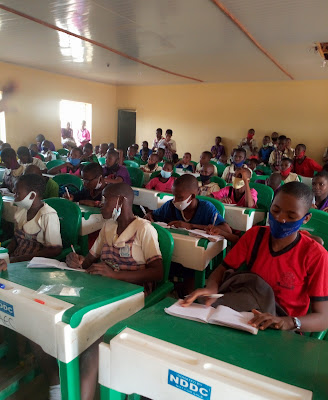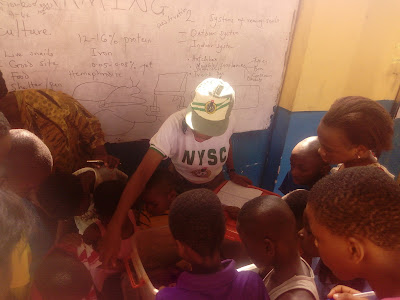The global market for edible snail is 300,000 metric tons valued at $1.3 billion (about N545 billion) with an annual compact growth rate of 4.5 percent per annum.
Snails are highly rich in protein (12-16percent) and iron (45-50 mg/kg), low in fat, and contains almost all the amino acids needed by humans.
Snail meat also have medicinal benefits which includes treatment of whooping cough, anemia, asthma, and high blood pressure due to their relatively low cholesterol level but high mineral content.
The eating of snail meat may help in curtailing the high incidences of diet related non communicable diseases like diabetes, hypertension, and other cardiovascular diseases, resulting from the excessive consumption of saturated fatty foods/ red meat.
Giant African Land Snails are popular snails in West Africa.
Species: Achatina achatina (A.A), Achatina marginata (A.M) and Achatina fulica (A.F)
Snail Housing: The snail pen depends on the production scale: small, medium or large scale.
So, the pen can be made of tyres, old drums, wooden pen, trench pens or shaded house for free range.
Avoid overcrowding as it impedes growth and can lead to disease outbreak.
Stocking: After the snail housing s ready, the next is stocking the pen with healthy snails either from the wild or other snail farmers and look out for the ones their flesh fill the shell (like in the picture above).
Rearing: The best time to rear snails is the rainy season, between April and October, but with good irrigation, it can be reared all year round.
Feeding: Snails feed on fruits and vegetables, tubers and calcium supplement.
Reproduction: Snails are hermaphrodites (that is, a snail has both male and female reproductive system).
They lay 4-6 days after mating and eggs hatch within a month. They lay 30-1200 eggs in a clutch, two to three times a year depending on the specie.
Pest and Disease Control: (1) Treat the soil by heating.
(2) Check the snails regularly and wash them to remove any pest on them, one after the other to prevent drowning.
(3) Use of wood ash against termites.
(4) Black oil (engine oil) around the pen.
(5) Removing of the snails and pouring of hot water in the pen to kill insects and their eggs in the soil.
(6) Boiling of neem leaves and spraying the liquid in the pen when cool.
(7) Soaking of cucumber in water for three days and spraying in the snail house.
Harvesting: Snails reach jumbo size from 12 months and above but can be harvested and sold from 6 months.
Marketing: Snails can be sold to hotels, restaurants, markets, grocery stores and can even be exported.





 Rocksolid Organic Agro
Rocksolid Organic Agro
























